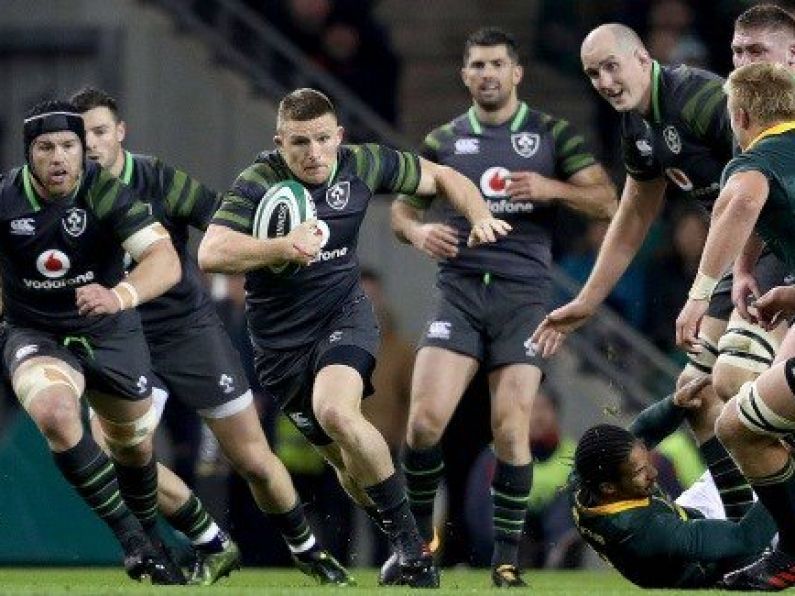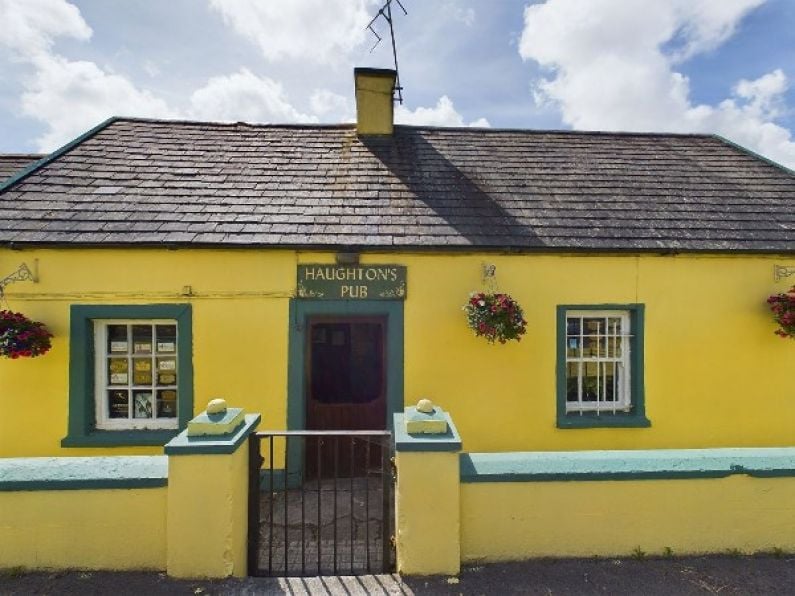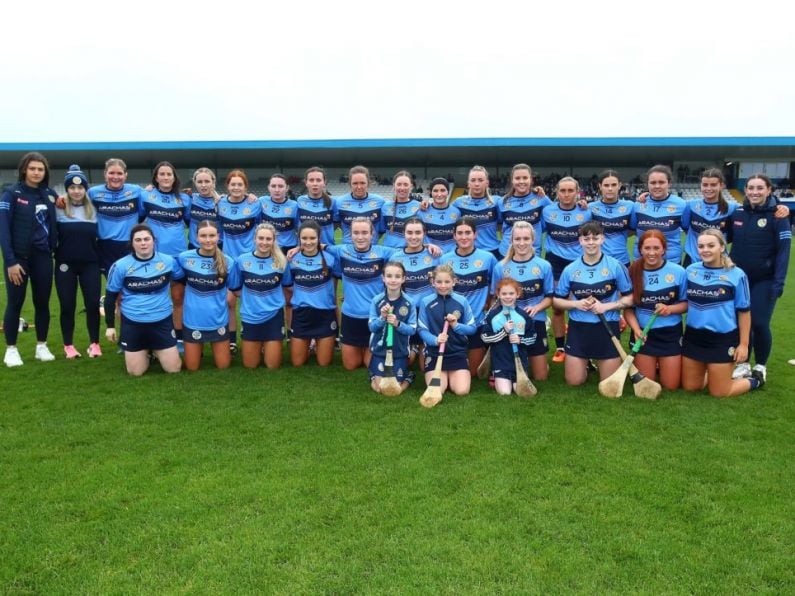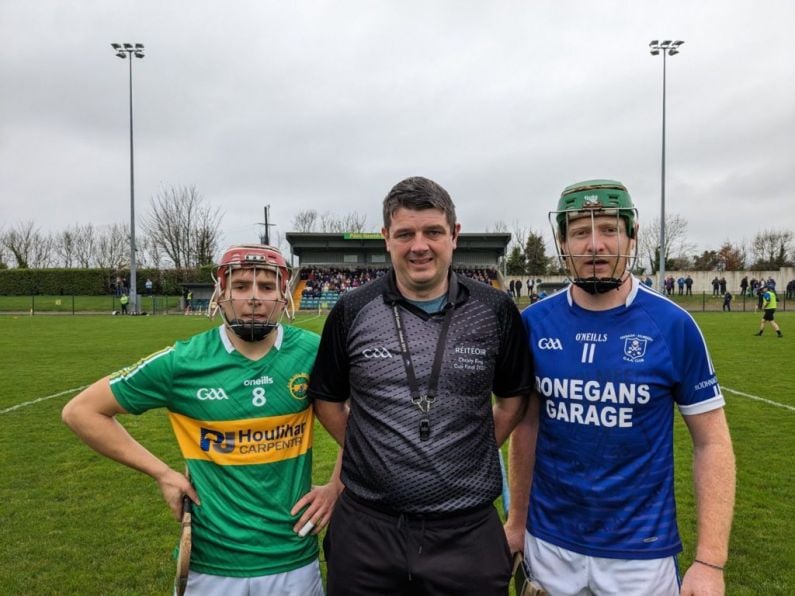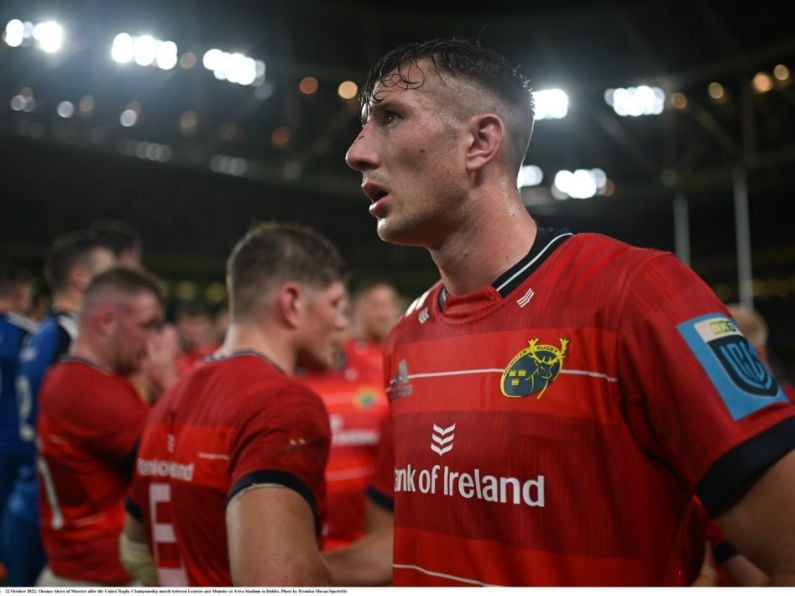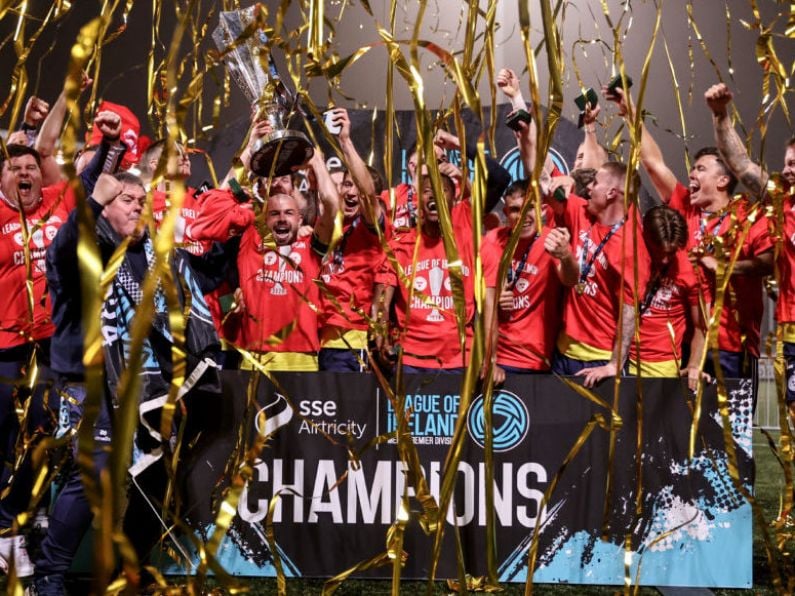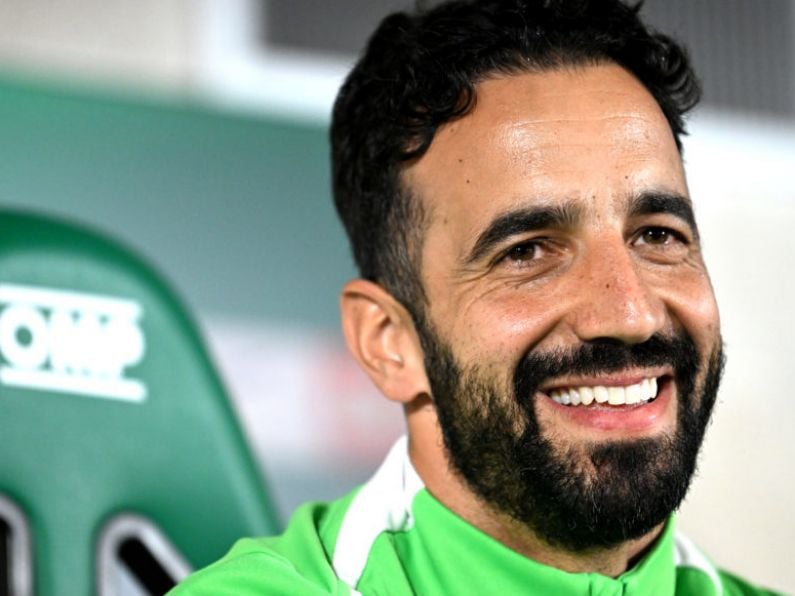There was a time, not too long ago, when a 35-point victory over the Springboks would have merited debate on RTÉ’s current Greatest Sporting Moment series, the stuff of Irish legend. Not anymore.
As impressive as Ireland were in getting their Guinness Series of November Tests off to a winning start at the Aviva Stadium, this was no epic victory and it was the Irish camp who were quick to dampen any notion that it may be regarded as such.
A late flurry of converted tries from Rhys Ruddock, Rob Herring and Jacob Stockdale in the final 10 minutes that pushed the score out from 17-3 to that record-breaking margin against South Africa supported that sense of a job well done rather than the hyperbole that greeted the historic first win of 2004 or the 32-15 hammering that followed two years later.
The decline of the Springboks has much to do with that feeling, their much-lauded rally from a 57-0 humiliation at the hands of the All Blacks in Albany to a one-point defeat in Cape Town the following week seems something of a blip rather than a resurrection.
Indeed, head coach Allister Coetzee looked a decidedly disconsolate figure as he picked over the scraps of his team’s sorry capitulation.
“It’s difficult to explain, to be honest. There are no positives from our side. It’s a disappointing defeat,” Coetzee said. “As a group. we take full responsibility for that. We let ourselves down.
“The Albany thing was tough but we came back. We have three games left on tour and we just have to fight our way back from this one.
“I have to give credit to Ireland. They played tactically very, very well. We lacked patience with our kicking game, they showed us you have to have the patience and build from there.
“We got off to a terrible start ... our breakdown and discipline were terrible. we let ourselves down.”
This was a touring side that was outsmarted and outmuscled from the moment Johnny Sexton and debutant Bundee Aki flattened tighthead prop Coenie Oosthuizen, the fly-half ripping the ball from the experienced front rower. The knock-on by Sexton led to a South African scrum while the tackle ended Oosthuizen’s involvement after just 67 seconds and Ireland would further punish the Boks by earning a penalty at that scrum which allowed man of the match Sexton to put the first three points on the board to deliver the message that Ireland were not going to be pushed around. And if South Africa are unable to physically overpower teams upfront, the rest of their game was going to have to be pretty special to get a result in Dublin. It was not.
Ireland dominated at the scrum, while the visitors’
inaccuracy at the breakdown that allowed Sexton to keep the scoreboard ticking over, 3-0, 6-0, 9-0 before Andrew Conway exposed indecision by opposing wing Courtnall Skosan under a Conor Murray box kick and pounced on the bouncing ball to score the opening try from 30 metres out. Sexton struck a post with the touchline conversion, his only miss from the tee, but Ireland were in control, 14-0 at half-time.
Irish discipline was good, restricting fly-half Elton Jantjies to just one shot at goal, after a high tackle from CJ Stander on Tendai Mtawarira, but in a directionless third quarter even that was cancelled out by another Sexton penalty. South Africa were making little headway and seemed to be losing the stomach for battle when Ruddock, off the bench for a bloodied Peter O’Mahony, started the final charge into the record books.
When Joe Schmidt said his side had been flattered by that late surge, the head coach was echoing the thoughts of both Sexton and Sean O’Brien, the latest Irishman to reach 50 caps.
“You can only do what you can do and I think they did a really good job,” Schmidt said of his team. “But I suppose if we had really had to fight and got a two-point win we would have been delighted as well. Sometimes when the score does get away it probably just does not have quite the same value, because you were not under as much pressure.
“We only really released the pressure in the last quarter, until then 17-3, they score once and it looked like down the left side they had a bit of a chance at one stage, suddenly if it gets to 17-10 better off and it is a one-score game again.
“It was only towards the end that we got away and that is the reality for us in that the size of the win is not as relevant as people might think because we are always trying to look at our own performance and the context of what we are allowed to do and what our opponents did to pressure us and how we responded to that.” Schmidt conceded it was “incredibly satisfying” and “a huge relief to have got the Guinness Series off in the manner we did.
“You are always chasing first-time results and this time last year there was euphoria at the end of the game and by 2am in the morning, I was going through the game maybe finding fault, finding quality and trying to build the quality and repair the fault because that is the practicality of it.
“I know it might take the emotion out of it, but is almost what you try to do when you are coaching, but I think for the players it has to be a little bit emotional because they have to bring so much energy to every performance.”
Most pleasing will be the blend Schmidt is striking in his selections, from an experienced spine with half-backs Murray and Sexton as its world-class pivot, to the emerging talents alongside it. Aki made an impressive start to his Test career in a midfield partnership with former Connacht team-mate Robbie Henshaw while Conway and Stockdale were excellent for the most part on the wings and the introduction of debutant Darren Sweetnam for the final five minutes in place of Rob Kearney was an encouraging portent for a longer contribution, perhaps, next Saturday against Fiji.
And so it continues. For Schmidt and Ireland, the celebrations are short-lived. On to the next game.
By Simon Lewis
Rugby and Golf Correspondent Irish Examiner



